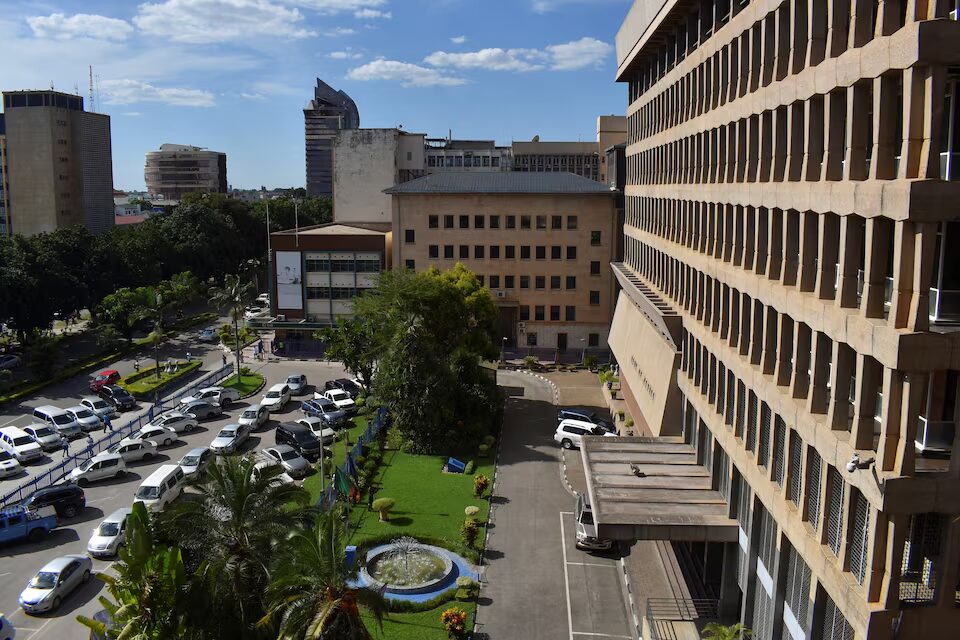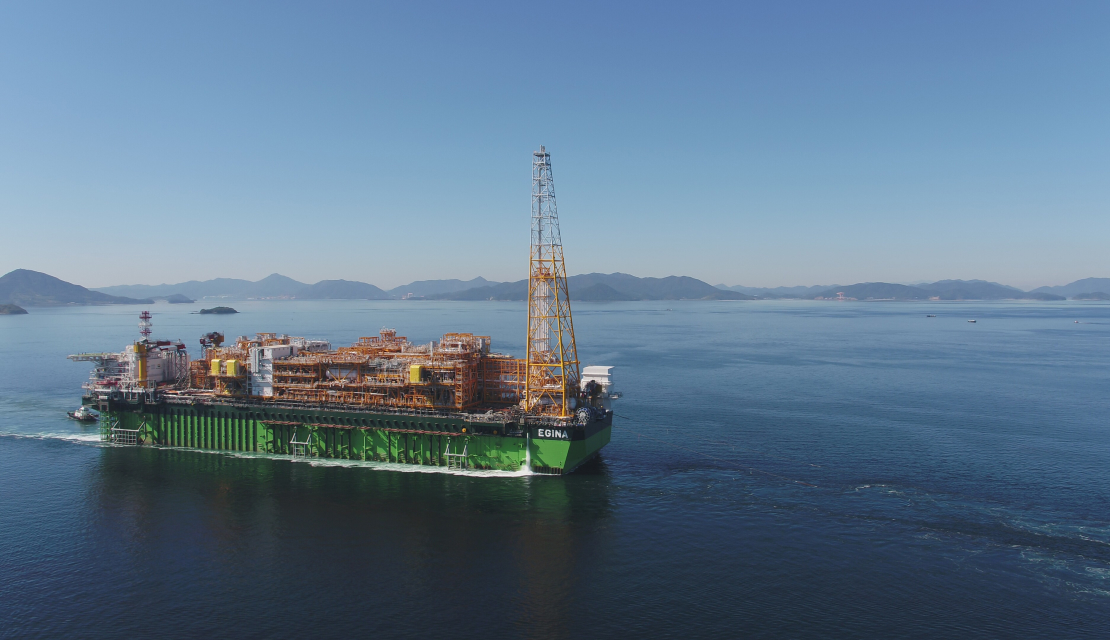
Wednesday 24th September 2025

by inAfrika Newsroom
Nigeria’s upstream regulator revoked approval for the TotalEnergies Nigeria sale of a 10% stake in Shell Petroleum Development Company (SPDC) to Chappal Energies. The watchdog said both parties missed financial obligations despite deadline extensions. It cited unpaid regulatory fees and funds tied to environmental liabilities. Chappal also failed to raise the required financing, officials said.
The deal was valued at $860 million and first cleared in October 2024. It formed part of TotalEnergies’ plan to exit mature, higher-cost onshore assets. The company aimed to raise billions from disposals this year. The reversal complicates that strategy and could delay other planned sales. TotalEnergies remains invested in multiple Nigerian oil licenses and gas fields that supply Nigeria LNG.
Shell earlier agreed to sell its 30% SPDC stake to a local consortium for up to $2.4 billion. Other majors have also shifted away from onshore operations in the Niger Delta. They have cited spills, theft, and security risks. The TotalEnergies Nigeria sale would have continued that trend by moving more ownership to local players. The regulator’s action signals a harder line on finance and cleanup obligations before any transfer closes.
Chappal did not provide immediate comment. TotalEnergies has pushed to reduce debt and refocus capital on lower-cost, lower-carbon barrels. Analysts say the setback may force renegotiation, a new buyer search, or fresh conditions. Any new process must satisfy funding, fees, and environmental terms up front. That could slow timelines but increase certainty once a deal clears.
Banks and traders will watch spillover effects on Nigeria’s divestment pipeline. Failed closings raise counterparty risk and can widen financing spreads. Smaller local buyers often depend on syndicates that require stable cash flow forecasts. If lenders demand stricter covenants, future disposals may need stronger guarantees. The regulator appears ready to prefer fewer, better-funded transactions.
For producers that stay onshore, operations continue under current ownership. Lifting plans, pipeline access, and gas supply to LNG remain critical. Investors will also track any changes to remediation projects and legacy liabilities. Clear rules on who pays for past damage matter to communities and to balance sheets. Today’s step makes those answers a precondition, not a footnote.


